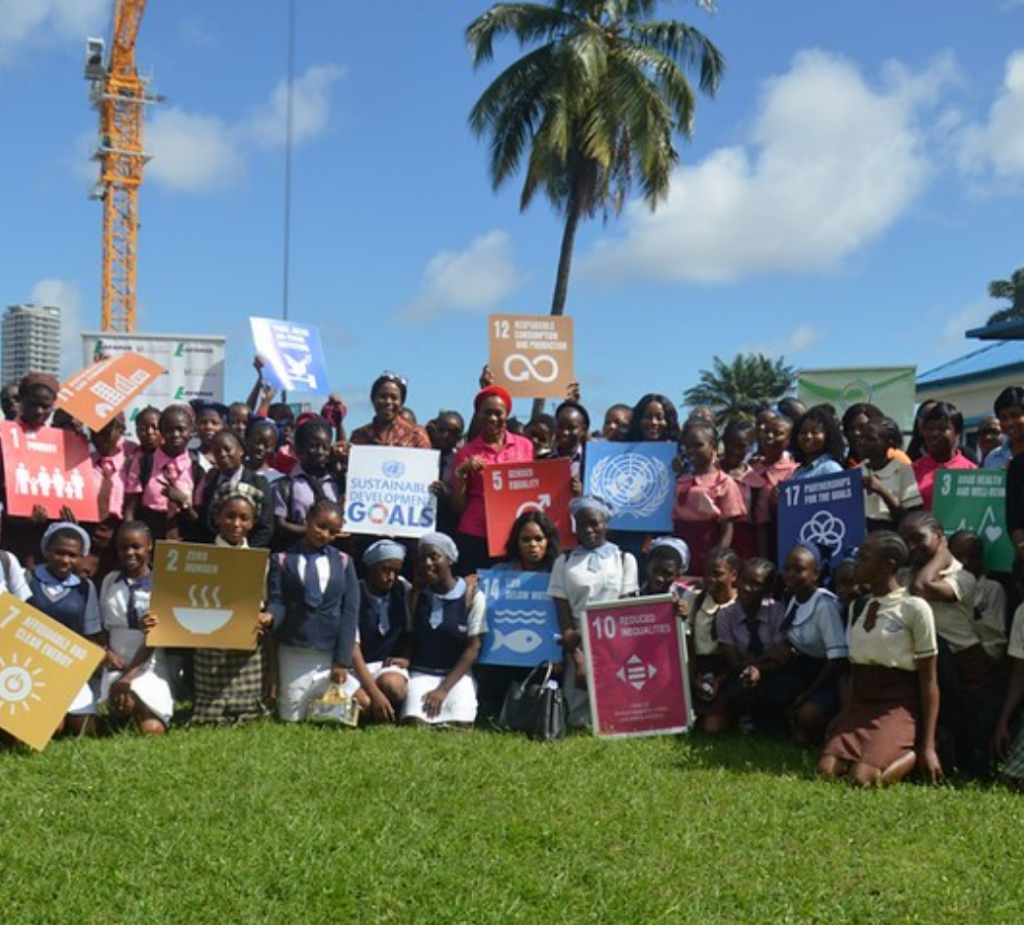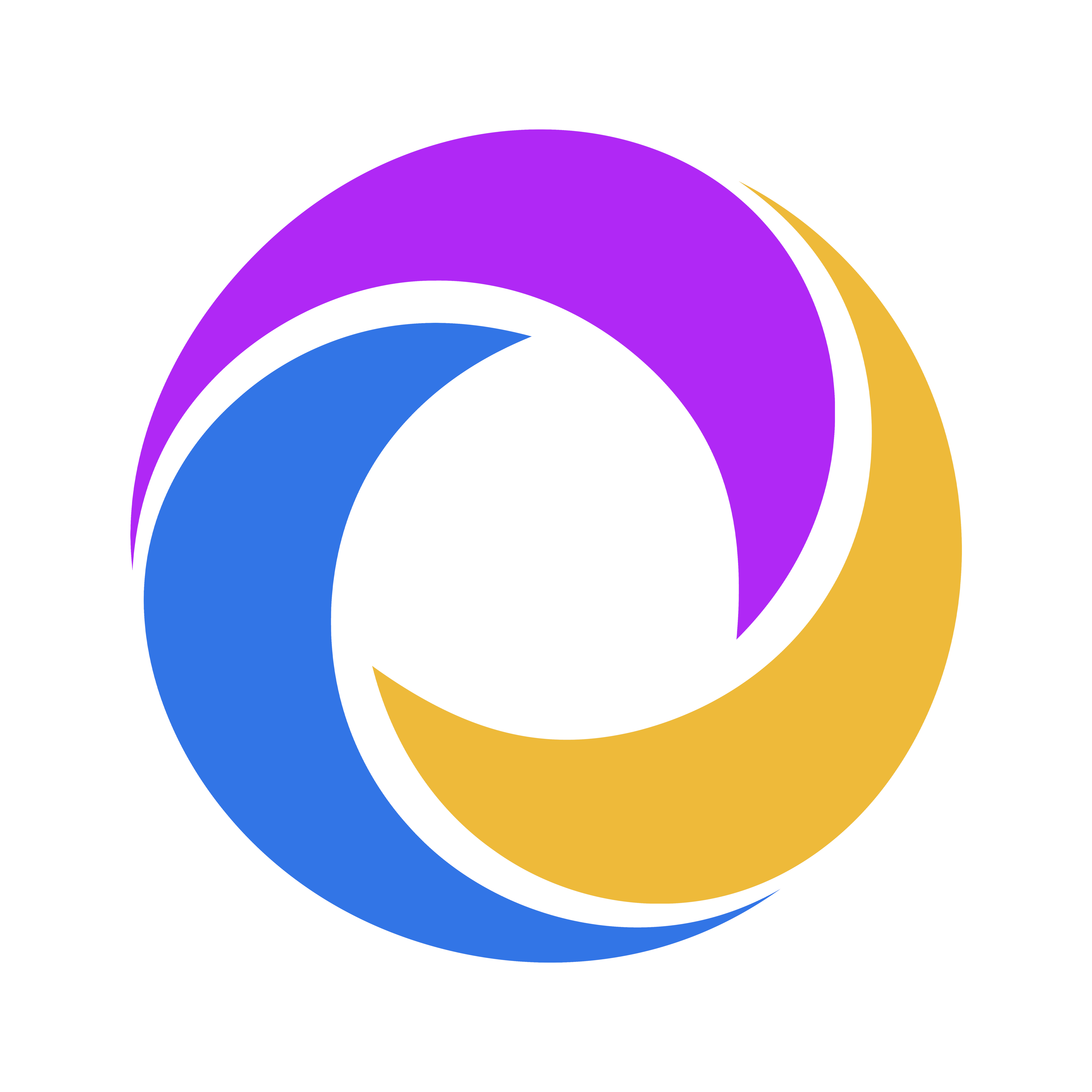
The Digital Generation Youth is a 2-year project aimed at developing new content, methods and activities to improve the quality of youth non-formal learning programmes. Through this project, organisations that work with young people in Nigeria, South Africa, Lithuania and the Netherlands will develop competences in delivering non-formal digital literacy and 21st Century skills education programmes to young people.
The DGY project will also develop recognition systems based on digital open badges technology in cooperation with stakeholders from private and public sectors.
Aims of the Project:
The aim will be achieved through the following specific objectives of the project:
- To increase partners’ shared knowledge and understanding how non-formal education programmes on digital literacy and XXI century skills development are being implemented
- To adapt, develop and pilot methodologies for digital literacy and social skills development of young people with fewer opportunities
- To increase competences of youth workers to implement non-formal education programmes on digital literacy and social skills development
- To develop and implement recognition systems based on digital open badges enabling youth workers and young people from partners organisations to collect and share evidence of their learning experiences
- To ensure wide reach and use of created methodologies and open badges system by making them available as Learning playlists through regional versions of www.citiesoflearning.eu
Project Partners:
The project partners are:
Ready4Life: https://ready4life.org/home and https://www.facebook.com/Ready4LifeSA
Women’s Technology Empowerment Centre – W.TEC: https://wtec.org.ng
Breakthrough Foundation: https://www.facebook.com/HaveYourBreakthrough
Nectarus: https://www.nectarus.lt and https://www.facebook.com/Nectarus
AfriKo: https://www.afriko.lt and https://www.facebook.com/AfriKoCentras
The Digital Generation Youth project is sponsored by the Erasmus + Fund of the European Union.
